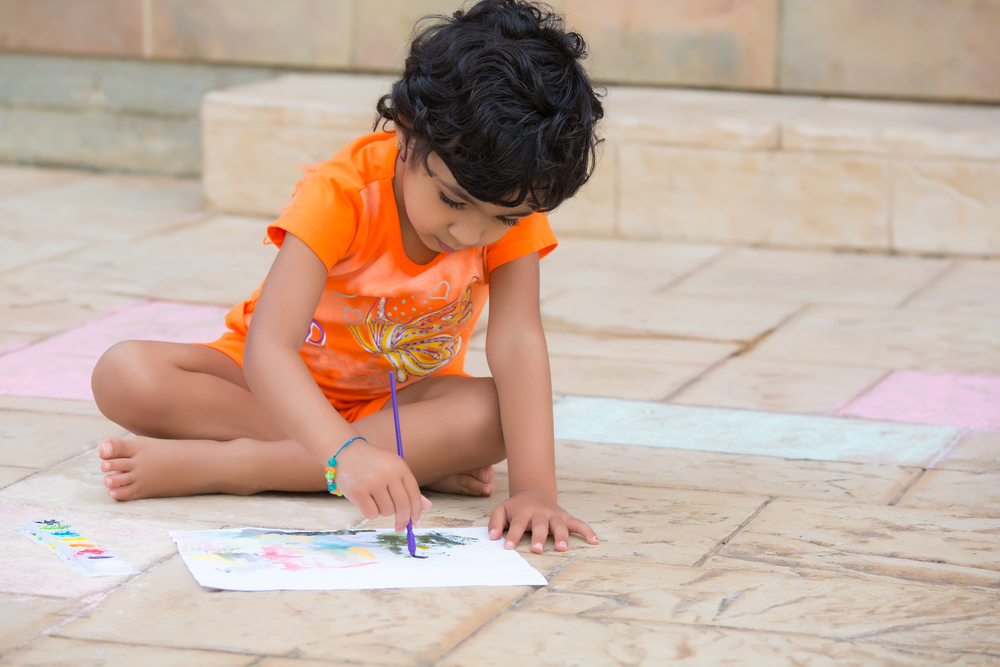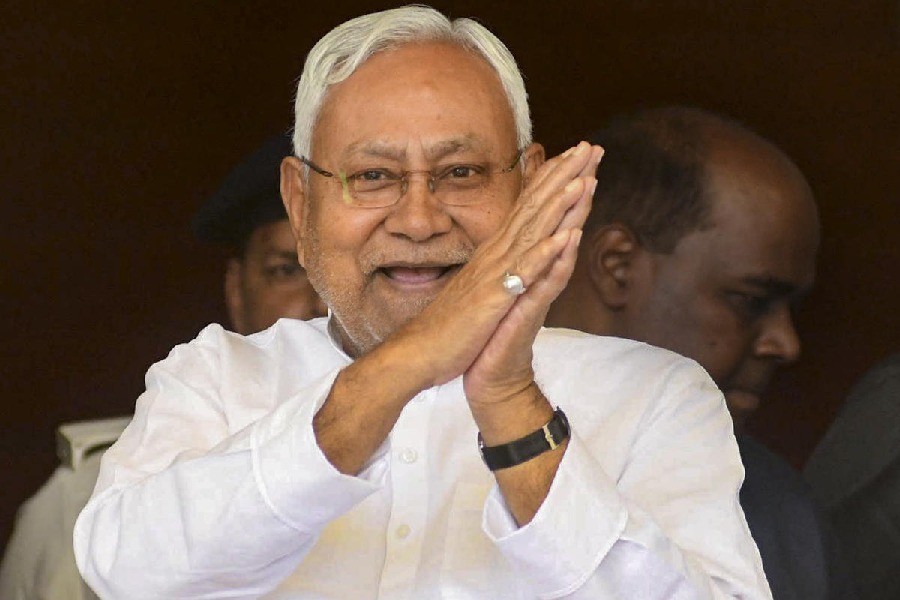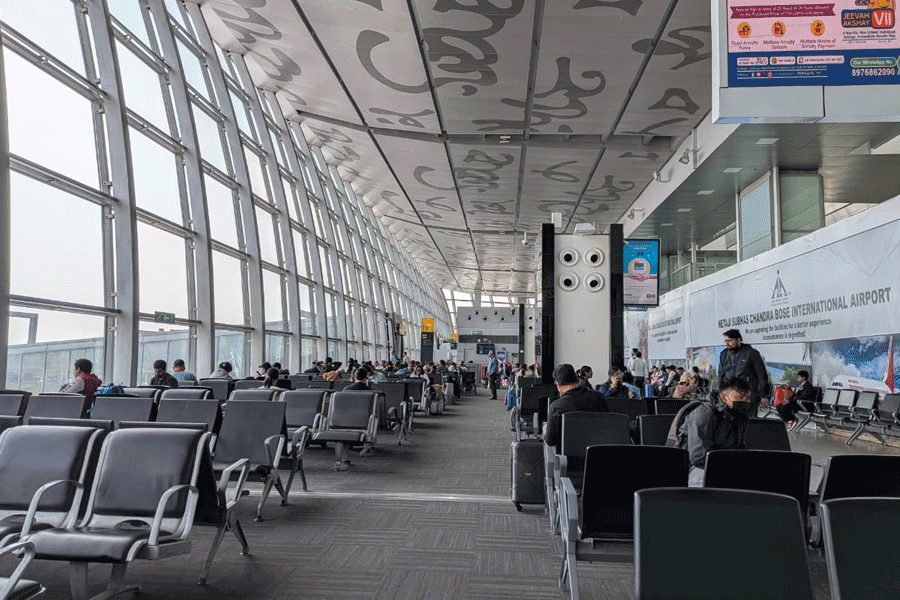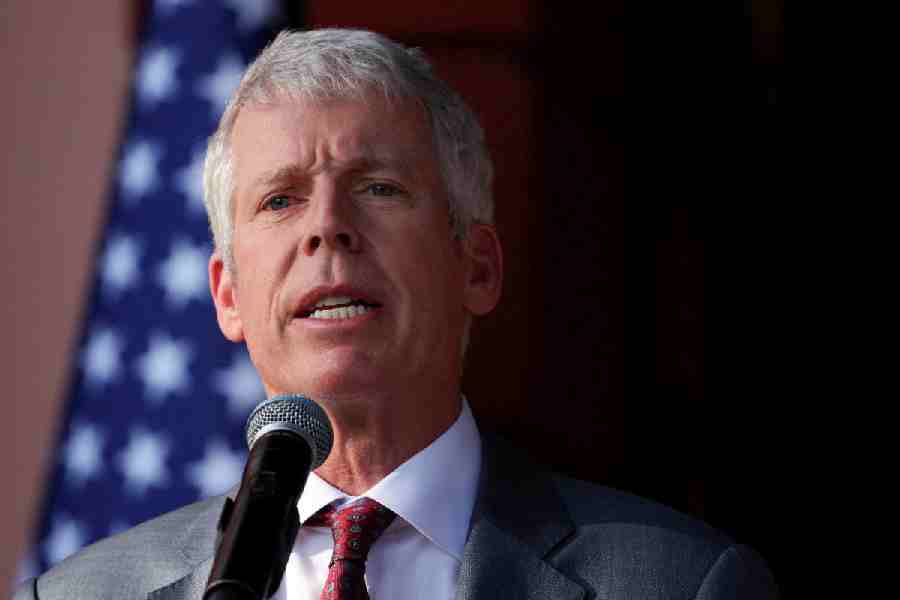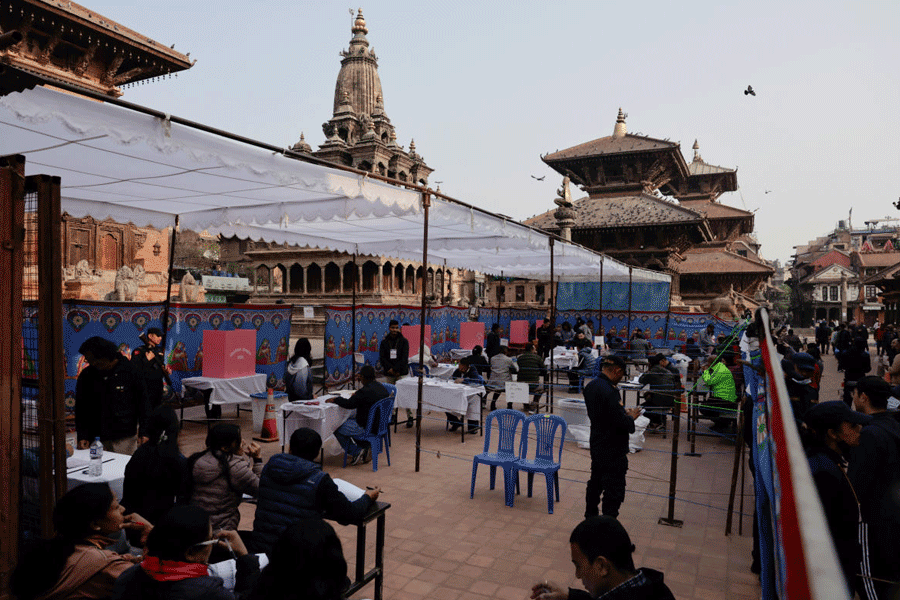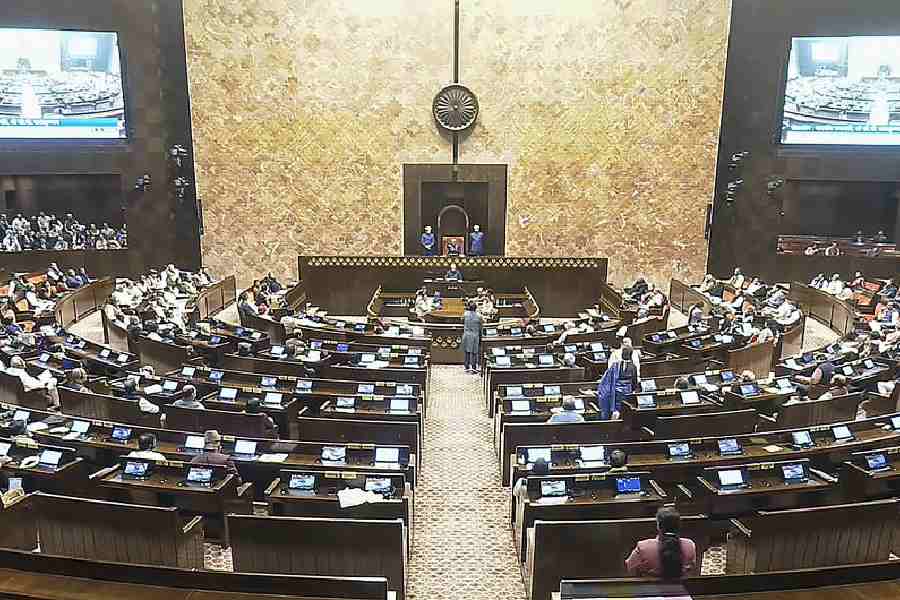Sir — One source of anxiety during the lockdown for many families has been keeping children engaged. It helps, of course, that children these days are more interested in playing with electronic devices than stepping out. But museums have come up with an innovative way to keep children busy. The Museum of Modern Art, for instance, released colouring pages with images of ‘high art’. The way these have been filled in by children could be the subject of a show of modern art in itself. In the absence of preconceived notions, some surreal pieces of artwork have been produced.
Roshni Sen,
Calcutta
Hunger pangs
Sir — The United Nations World Food Programme has coined the term, “hunger pandemic”, in order to drive home the seriousness of the issue of global hunger and underline the need to fight the scourge of hunger alongside that of Covid-19. This term will resonate with millions of people across the world. Hunger is already a part of everyday life for the poor in countries both developed and underdeveloped. The popular imagery in the media regarding hunger is predominantly of emaciated kids in sub-Saharan countries, leading most people to wrongly believe that chronic hunger exists only in those ‘far off’ lands. While it is true that there are regions where the problem is most acute — for instance in underdeveloped and poor nations — hunger exists in varying levels everywhere.
India is no stranger to hunger. There is still widespread poverty in our country. The pandemic has made the plight of India’s hungry millions even more visible. It is unfortunate that this hunger persists in spite of the country’s overflowing granaries and public distribution system. The restrictions imposed during the lockdown have already depleted the nest eggs of millions of poor people and aggravated food insecurity concerns. The first victims of large-scale hunger will be those who “can only eat if they earn a wage” and are “already hanging by a thread”, to borrow WFP’s phrases.
The food crisis existed even before the coronavirus outbreak, largely owing to inherited disadvantages, chronic poverty, civil wars, unfair international agricultural and trade practices and extreme weather conditions triggered by climate change. Take, for instance, the swarms of locusts that have destroyed crops in parts of Africa and exacerbated the problem of food shortage. The coronavirus pandemic has worsened the crisis to such an extent that the WFP has predicted “multiple famines of biblical proportions”. The prediction should galvanize the global political community into preventing such a situation from taking place as well as into taking measures to deal with acute shortage of food and ensuring that the poor do not go hungry.
The WFP has indicated that the unrelenting pandemic could double the number of people facing acute hunger and push about 265 million people to the brink of starvation by the end of the year. The prognosis is that in the absence of aid, as many as 3,00,000 people will be at risk of starving to death every single day over a three-month period. Swift intervention is thus absolutely crucial to avert deaths on account of mass starvation.
Timely international humanitarian aid can save over a quarter billion famished people from dying of hunger. The WFP needs approximately $12 billion to fund its food delivery programmes in the parts of the world worst hit by hunger. All countries must generously help the WFP raise sufficient funds to feed the hungry and save lives. In the long run, the underlying causes of hunger, too, must be tackled to build a world free from hunger.
G. David Milton,
Maruthancode, Tamil Nadu
Give due credit
Sir — The international medical journal, The Lancet, has rightly stated that states deserve much of the credit for India’s Covid-19 response. Indeed, chief ministers like Mamata Banerjee, Pinarayi Vijayan, Naveen Patnaik, Amarinder Singh and others are rendering yeoman service by leading from the front in fighting the dreaded virus with utmost efficiency in spite of financial constraints.
The Lancet observed that the lockdown was hastily imposed without proper preparations and put already vulnerable poor people at an added disadvantage. Had necessary actions like banning airline services to and from foreign countries been taken from January itself, with compulsory quarantining of passengers from outside, the overnight lockdown may not have been necessary. Moreover, if the lockdown was announced in late January or early February after offering a window of opportunity for migrant labourers to return home and after preparing the necessary infrastructure to feed daily wage earners who lost their livelihoods, the situation in the country would have been far better today.
Instead of repenting for the chaos, the party in power is shamelessly praising Narendra Modi for the way he handled the situation when, in fact, cases of infection and deaths are increasing at an astonishing rate. The actual fight against Covid-19 is being fought by states led by the chief ministers, with people cooperating by staying at home. What a mockery of poor Indians suffering from the virus as well as from hunger.
Kajal Chatterjee,
Calcutta

